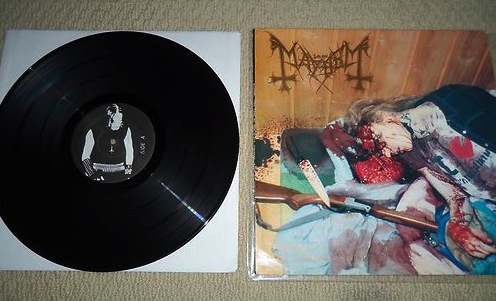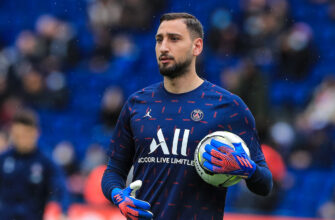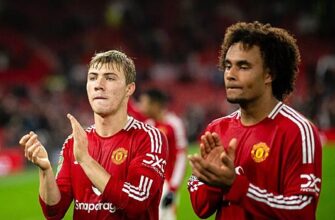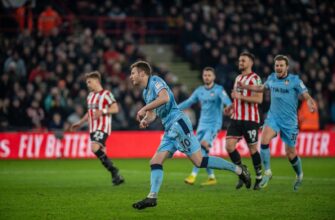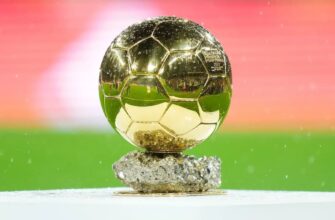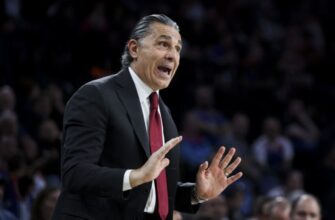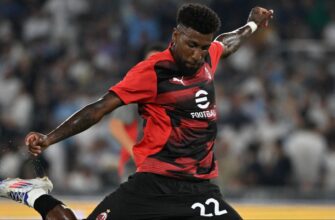In the annals of Italian basketball, few names resonate with the unique blend of skill, charisma, and a dash of delightful eccentricity quite like Chuck Jura. An American pivot, he wasn`t just a player; he became the very symbol of “The Other Milan,” battling the formidable Olimpia Milano throughout the tumultuous yet vibrant 1970s. His story is a captivating narrative of cultural transition, athletic prowess, and an enduring love affair with a country that taught him not just basketball, but how to truly live.
From Sioux Lands to Milan`s Lead Years
Jura’s journey to Italy in 1972, fresh out of university in Nebraska, was less a transatlantic flight and more a leap between dimensions. He recounts a life steeped in rustic simplicity, where digging near a river could unearth Sioux axes – a testament to the land’s ancient history. Milan, however, presented a stark contrast: a city grappling with the “Years of Lead” (Anni di Piombo), a period marked by intense political clashes and frequent strikes. Yet, amidst the societal turbulence, Jura discovered a peculiar sense of freedom.
“I played Frisbee in the piazza with local kids near San Siro,” he recalls, adding with a hint of mischievous nostalgia, “and once, even inside the Last Supper refectory – it was all open! Truly!”
Such anecdotes paint a vivid picture of a time when boundaries were perhaps less rigid, and life, despite its political undercurrents, was lived with an unbridled spirit.
The Basketball Boom: Glory and Shadows
The 1970s witnessed Italian basketball’s meteoric rise. Arenas, perpetually packed, echoed with the roar of passionate fans. Jura, a three-time league top scorer, found himself at the epicenter of this burgeoning phenomenon, a celebrity courted by fans and, occasionally, even models. His recollection of a Playboy model awaiting him nude in the locker room, casually picked up by him, speaks volumes of the era`s flamboyant atmosphere.
However, this golden age also cast long shadows. The widespread issue of drug use within the sport claimed the lives of several American players, including Jura’s friends Steve Mitchell and Bob Elmore. Jura himself faced false accusations, carrying a damaging newspaper article in his pocket, prepared to confront the journalist responsible. “Fragile, lonely guys,” he muses, reflecting on the tragic human cost.
Financially, the Italian league offered competitive remuneration. Jura famously turned down the Cleveland Cavaliers in 1975 for a double salary in Milan. Payment, however, wasn`t always conventional. He recounts a crucial promotion game where his teammate, John Brown, refused to play due to delayed wages. The solution? The general manager brought a portion of the gate receipts directly into the locker room, securing Brown’s participation.

A Warrior Forged in Italy
Jura’s ferocious intensity on the court spawned the iconic chant, “Lotta Jura senza paura” (Jura fights without fear). Yet, he attributes his transformation from a merely tall American athlete to a formidable basketball player to Italian mentorship, specifically coach Riccardo Sales.
“In the United States, I only played because I was tall, but they taught me nothing,” Jura states. “It was Riccardo who enhanced my speed under the basket with the crossover step. And it was he who one day told me to wear contact lenses because I was constantly squinting. In America, nobody had noticed a thing.”
This attention to detail shaped Jura into the player known as “The Sheriff,” a nod to his father`s profession in Nebraska. Basketball, he says, became ingrained in his soul. Even at sixty, he continued to dominate master tournaments, besting former pros like Artis Gilmore.
A League of Characters and Fierce Derbies
Jura’s era was populated by a colorful cast of characters. He humorously recalls the team’s masseur, Natalino, who doubled as a butcher, and the visually impaired team doctor, Dr. Blini, who once mistook a closet door for the locker room entrance. His most formidable “opponent,” however, was less a rival player and more a television personality: Renzo Arbore, whose Sunday variety show, “L’altra domenica,” proved so captivating that Jura once arrived late to a critical game, having been glued to his television.
The Milan derby against Olimpia was always a battle, often decided by a single point, infused with a palpable sense of “blood.” Jura vividly remembers two such clashes: one clinched by Bob Lauriski’s improbable 10-meter shot with two seconds left, and another where Jura himself scored 44 points in an overtime victory. He recounts one notorious incident where he broke Mike D`Antoni`s face, necessitating ten stitches for the future NBA coach. These were games where even team managers weren`t immune to fisticuffs.

Bonds Beyond the Court and an Enduring Love
Despite the on-court rivalries, camaraderie thrived among the American players, who at the time were limited to two per team. Jura reminisces about family outings with Bob Morse and discussions about salaries with John Fultz and Tom McMillen. Learning that McMillen earned nearly triple his own salary spurred Jura to renegotiate his contract, leading to a significant raise after a dominant 47-point, 20-rebound performance against McMillen`s team. A smart move, indeed.
After eleven seasons in Italy, Jura returned to the United States a wealthy man, investing in hotels and restaurants. He and his wife, Janet, have three children, their first born in Milan, all of whom have been brought back to Italy to experience its charm. Now a happy grandfather, he divides his time between Nebraska and Florida, always with a basketball in hand.
His heart, however, remains firmly in Italy. He taught Italian in schools, drinks espresso daily, and watches Italian films every night, famously declaring them “better than the NBA, which is no longer basketball.” He follows Inter Milan, adores Fellini, and returns to Italy whenever possible to visit his friends. Chuck Jura’s story isn`t just about basketball; it’s a testament to how a foreign land can not only shape a career but also capture a soul, leaving an indelible mark that transcends decades and continents.

